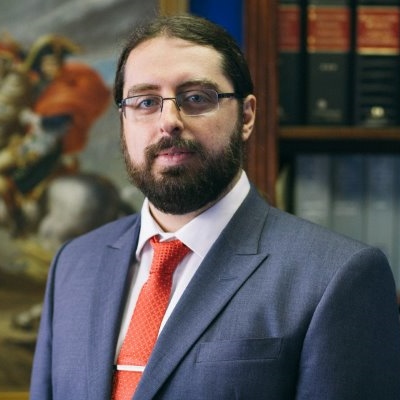
OpEds

Human rights and missed opportunities
MARK OPPENHEIMER
Proponents of the Bill argue that Israel, like any other state, has a right to control its borders. All nations create parameters that determine who is welcome to visit and who is not. People are excluded on the grounds of where they have previously travelled, how much money they earn, or whether they belong to hostile organisations.
Those opposed to the Bill have raised the concern that it infringes the right to freedom of expression, since people will be denied entry based on what they have said.
Allowing the free dissemination of beliefs, opinions and other forms of expression, brings immense benefits. It allows for intellectual and cultural progress while provoking discussion and aiding the search for truth.
By stifling beliefs that are different from our own, we lose the opportunity to challenge, reconsider and perhaps reaffirm our own views.
The eminent moral philosopher Ronald Dworkin wrote that “morally responsible people insist on making up their own minds about what is good or bad in life or in politics, or what is true or false in matters of justice and faith.
“Government insults its citizens, and denies their moral responsibility, when it decrees that they cannot be trusted to hear opinions that might persuade them to dangerous or offensive convictions. We retain our dignity, as individuals, only by insisting that no one – no official and no majority – has the right to withhold an opinion from us on the ground that we are not fit to hear and consider it.”
However, it may be retorted that the Bill does not restrict anyone inhabiting Israel from calling for a boycott, nor does it prevent those who would be blocked entry, from calling for boycotts when they are outside of the country.
Even if the Bill is not a threat to free speech, it does create an insurmountable problem. It denies Israel the opportunity to change the minds of those who are opposed to its existence.
Two years ago, Klaas Mokgomole was invited to Israel as part of a study tour. At the time, he was a member of the ANC Youth League and a vocal supporter of BDS. His experiences in Israel had a profound effect on him.
Days after his return, he wrote: “BDS has monopolised the information flow regarding the Israel-Palestine conflict, and it has taken advantage of this to use the people of SA for its own personal and political gain. Today I can say I have been exposed to much more information, not only from what I heard in Israel and Palestine, but also from what I saw.
“Israelis and Palestinians do not agree on everything, but one thing they do agree on is the need for a peaceful solution leading to an independent Palestinian state co-existing with Israel.
“Just that sentence is enough to upset BDS, which believes in forcing Israel to its knees through boycotts, then getting rid of it completely. As with every educational experience, I came home with more questions, mainly for BDS.”
The Bill will prevent people like Mokgomole from learning about Israel and the true nature of the conflict. It would be a strategic error to exclude those who have the greatest potential to become allies.
Mark Oppenheimer is a practising advocate and member of the Johannesburg Bar.




